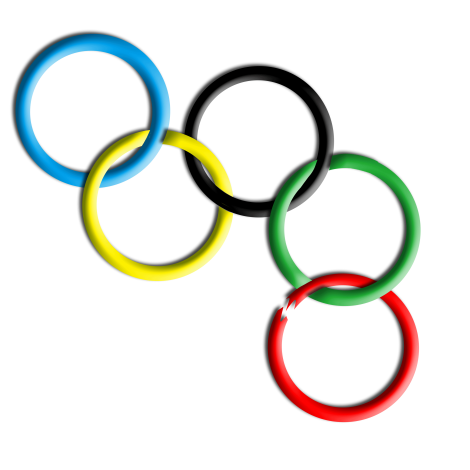The initial reaction of many in the West to Russian President Vladimir Putin signing laws to ban homosexual propaganda was outrage. Soon thereafter, many began to talk about boycotting the upcoming Sochi 2014 Winter Olympics. To do so would be the height of foolishness and serve only to further the cause of illiberalism in Russia.
Russia has become increasingly polarized between an emerging urban elite — whose values can easily be recognized in Canada — and a more rural traditional population for whom conservative mores hold far greater sway.

NANCY JI/THE VARSITY
When Putin was first elected, he was welcomed by all as the answer to the chaos of Boris Yeltsin’s administration. As time has gone on, the West has become increasingly frustrated with Putin’s hard-line defense of Russian interests internationally. Meanwhile, Russia’s more liberal middle classes have become more and more frustrated by the corruption in Russian society.
Putin has therefore come to rely increasingly on an unsophisticated rural class for popular support. Putin’s cultivation of an ultra-masculine image for himself is clearly an effort to appeal to this class. Whether driving a truck across Siberia or shooting tigers, Putin constantly attempts to portray himself as a defender of traditional Russian culture and values against the United States.
Western intervention and commentary has continually irked both Putin and his conservative political base. The passage of the Magnitsky Act by the United States Congress, designed to bring the corruption and lack of justice in Russia to light, appears to that country’s conservatives as an attempt by a recent enemy to meddle in Russia’s affairs. Meanwhile, efforts in the West to brand Putin as a tin pot dictator, along the lines of Muammar Gaddafi or Kim Jong-un, and efforts by the U.S. to encourage dissent within Russia have threatened the continued survival of Putin’s government. Forced by this challenge to shore up support while increasingly seeing the US as against him, Putin has had to fight tooth and nail against America’s efforts.
Putin seeks to maintain his position in power, while gaining international support for himself and for Russia as an influential force in world affairs. While the liberal classes in Russia will not support Putin regardless of his actions, Russia’s rural conservatives are only likely to care about issues of traditional morality when they are forced to pay attention, such as following the recent arrest of the band Pussy Riot for playing offensive music in a church, or the recent talk of boycotting the Sochi Olympics. Like Putin, the conservatives are interested in furthering Russia’s respectability and influence in the world.
Canada has a special role to play; while the conservative base upon which Putin depends still harbors deep suspicions about the United States and many Western European countries, Canada and Russia have many shared interests. The Arctic, for instance, has become a new battleground in international diplomacy. By working to reach accords with Russia on issues like Arctic sovereignty and access to the newly opening Northeast and Northwest Passages, ordinary Russians can begin to see the West as a partner to work with and learn from, rather than as an enemy to oppose. While the recent news out of Russia is deeply disturbing and should be addressed, walking away from the Olympic games is not the best way for the West to demonstrate its dissatisfaction. Boycotting the games would be perceived as a Western affront to traditional Russian morals. The West could accomplish more by focusing on what they have in common with Russia to bring the country forward, rather than denying the opportunity to have conversation.
Jeffrey Schulman is a first-year student at Trinity College.


